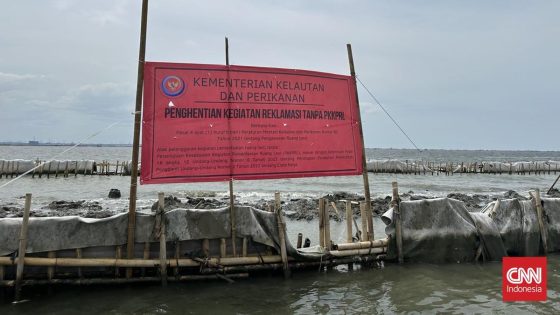On February 13, 2025, President Marcelo Rebelo de Sousa vetoed a decree aimed at restructuring local governance by separating 135 parish unions into 302 new parishes. This decision raises questions about the feasibility of implementing the new map in time for upcoming local elections. How will this impact community governance in Portugal?
- President vetoes decree on local governance changes.
- Concerns over implementation before elections.
- Doubts about legislative transparency raised.
- Lack of local authority involvement noted.
- Emphasis on reader engagement for democracy.
Portugal’s Local Governance Restructuring Faces Presidential Veto
What does this veto mean for local communities? The President expressed doubts about the readiness of the new governance structure before local elections. This decision highlights the importance of transparency and local authority participation in shaping effective governance.
Implications of the Veto on Local Elections and Governance
The President’s veto raises significant implications for local governance in Portugal. The restructuring aimed to enhance community representation but has faced criticism for its lack of clarity and public involvement. Here are some key points:
- Concerns about the feasibility of implementing changes before elections.
- Calls for greater transparency in the legislative process.
- Need for local authorities to be involved in governance models.
- Potential delays in community representation and services.
Understanding the Role of Local Governance in Portugal
Local governance plays a crucial role in community engagement and service delivery. In Portugal, parish structures are vital for local decision-making. However, the recent veto raises questions about the effectiveness of these structures. How can local governance be improved to better serve communities?
Challenges in Implementing New Governance Structures
Implementing new governance structures can be challenging. The lack of public transparency and local authority involvement can hinder effective governance. It’s essential to address these challenges to ensure communities are adequately represented and engaged.
The Importance of Community Involvement in Governance
Community involvement is key to successful governance. When local authorities and citizens collaborate, it leads to better decision-making and accountability. How can Portugal enhance community participation in governance to ensure that all voices are heard?
In conclusion, President Marcelo Rebelo de Sousa’s veto of the new parish structure underscores the need for transparency and local authority engagement in governance. As Portugal navigates these challenges, it highlights the importance of community involvement in shaping effective local governance.
































